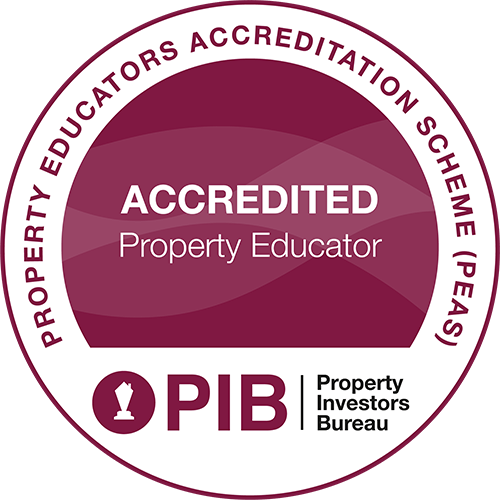Site sourcing – a different approach to property investment
Rather than waiting to see what comes on the market – site sourcing is a way of being proactive.
With so much information available online, you can seek out suitable sites for property development from the comfort of your home.
Sites with potential
Smaller developers and housebuilders make up a proportion of the UK’s considerable construction industry. It’s a lucrative area. Small but profitable sites can often be developed more effectively by an SME than a large enterprise.
Many sites will be publicly listed, making your job easier – there are plenty of useable plots out there. Other sites may need creatively sourcing.
For example, multiple houses can be built on the site of a single existing house with a large garden. Alternatively, a single structure can be divided into multiple apartments or extended into more than one home.
Neighbouring parcels of land, whether gardens or wasteland, can be combined to make one plot. Often, land that has no development potential on its own can be joined together with other plots to create a highly profitable site.
How to source sites
If you’re familiar with an area, the simplest method is to drive around to seek out potential locations. You can then use the Land Registry for information and to determine who owns the site.
Another option is to use mapping software to help you identify potential sites in a specific location. There are plenty of tools online that will enable you to assess an overall plot size, such as Nimbus and Land Insight.
How to check planning permissions
Once you’ve identified a site, you should investigate planning permissions before you go any further. You don’t want to waste time and money on a site with prohibitive constraints.
A scan of the local council’s website is a useful way to see what planning applications have been granted for similar sites in the area. In recent years, planning permission has been relaxed as the government looks for ways to help ease the housing shortage in this country.
As well as planning permission, further due diligence is required. For instance, you should ascertain whether there are any historical restrictions, such as the property being a listed building. Also, check to make sure it’s not in a conservation area.
Once permissions are in place, you have a lucrative proposition. You may choose to develop the site yourself. On the other hand, you might opt to sell it on at a profit at this stage.
Using land search companies
If all this sounds too much like hard work, there are land search companies that offer technical resources.
They provide access to the data you need to source sites, and they can help you to validate development opportunities quickly.
Using their database, you can access historical and current market values for properties and discover if the land is publicly registered. You may also be able to find out how long someone has owned the land and review all the planning applications submitted to councils.
Most land search tools offer a filter that lets you search by size and location.
Would you like to learn more about property development?
We are running a new Development Masterclass at the end of October. For more details. click below:
You can also use my calendar to schedule a call at https://calendly.com/mark-lloyd1 and book a 30-minute slot.

